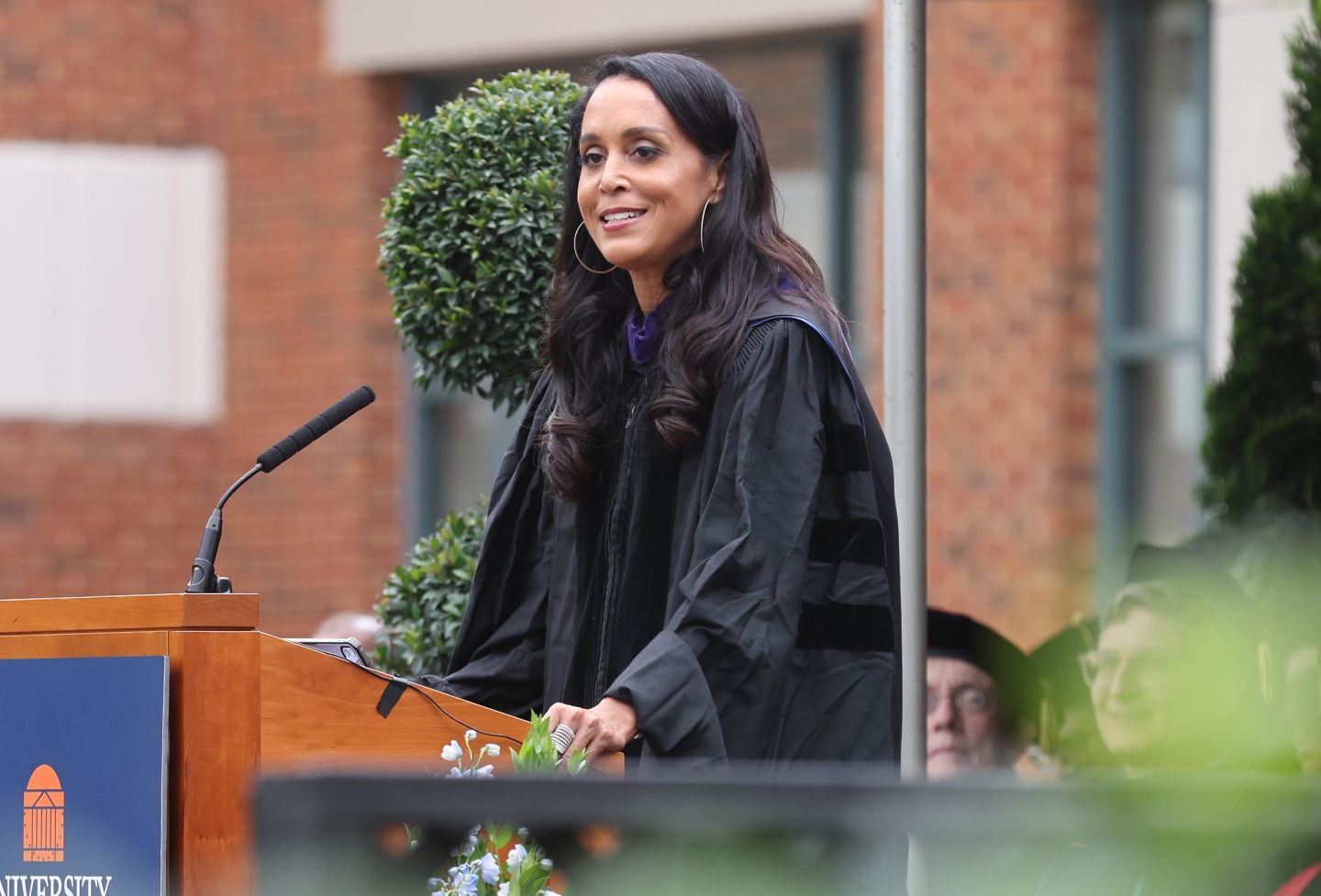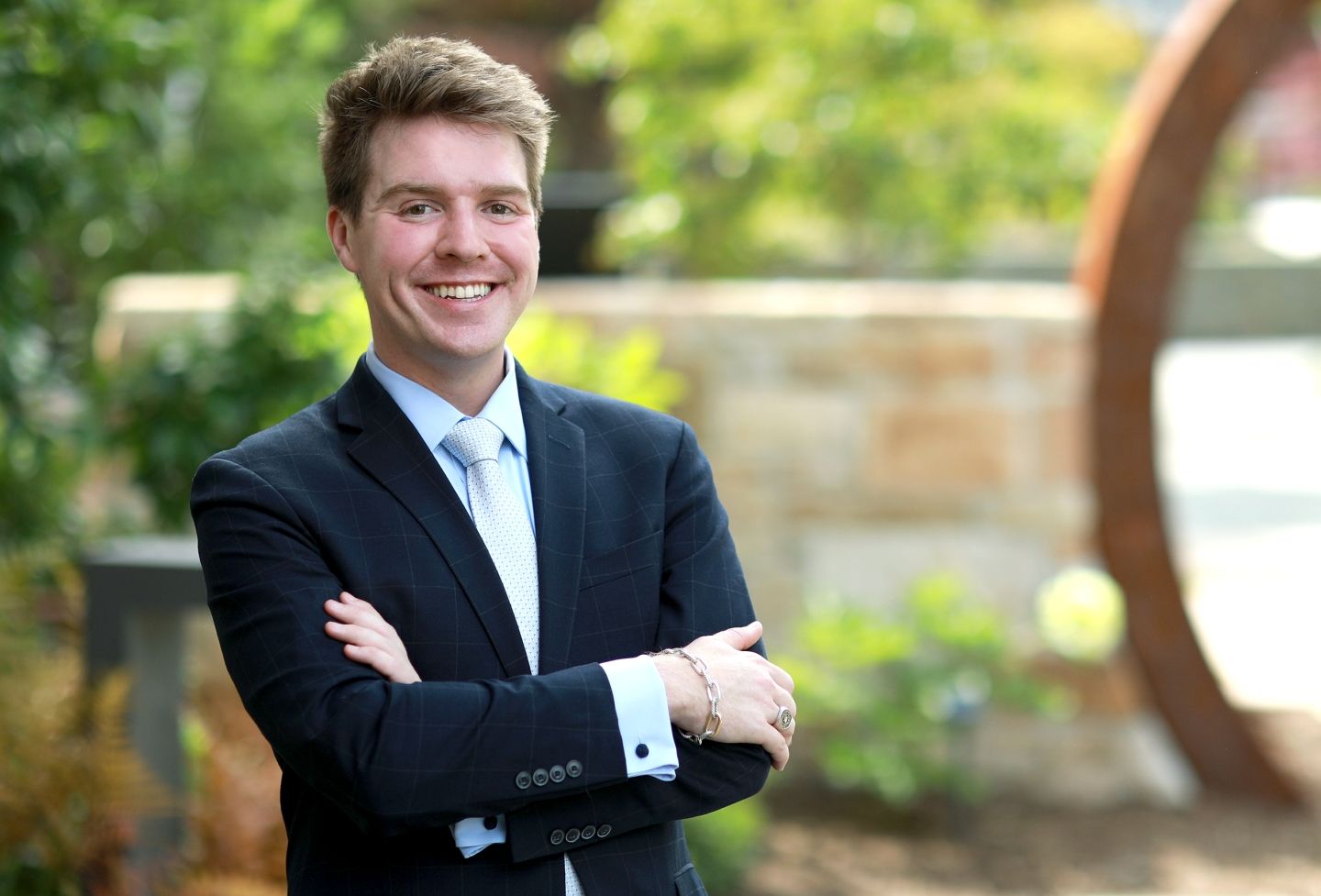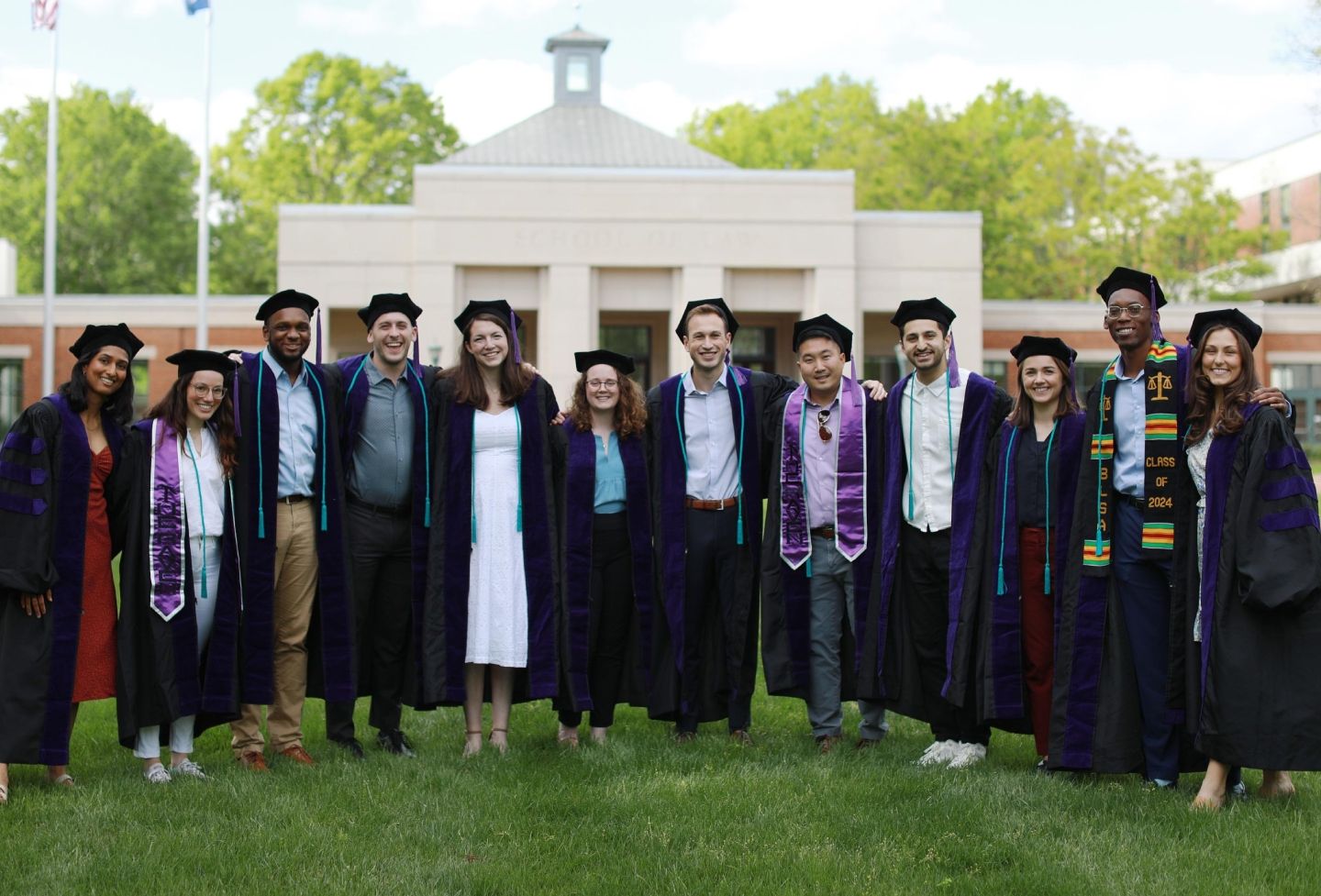
With just a few weeks left in my summer internship, I feel that I have finally become an asset to the team I am working with here in a rural part of Liberia. I am working with the Catholic Justice and Peace Commission, known as JPC in the community, on an Access to Justice project that is organized by The Carter Center and funded in large part by USAID.
I am based in one of about 15 field offices spread across the country, and each office has three monitors that are each responsible for 10 local communities. For each community, the monitor provides awareness training sessions on various aspects of Liberian law and also takes on individual cases from the community. After spending some time getting acclimated to rural life and immersing myself in the Liberian legal system, I am now able to field questions at our training sessions and provide examples that will resonate with the community.
If you've heard much about Liberia, it probably has less to do with its legal system and more to do with its 14-year civil war or the recent sentencing of Charles Taylor, the former president of Liberia who was convicted for his involvement in the conflict in neighboring Sierra Leone. Or perhaps you've heard of current President Ellen Johnson-Sirleaf, the first democratically elected female head of state in Africa, who was first elected in 2005 and just won a second term in the 2011 elections. Known locally simply as "Ellen," she has spearheaded a lot of change in the country. While progress is understandably slow, she was instrumental in getting a new rape law passed in 2006 that treats the crime as a first-degree felony, punishable by 30 years or life in prison, depending on the circumstances.
Given the widespread nature of rape during the civil war, when rival warlords commanding groups of soldiers (who were often no more than children) would [together] roam about the country and force women to become their wives, the strength of the new law is one way of encouraging peace in the future and healing over the events of the past. Liberians are a resilient, fun-loving people who are able to laugh even in difficult situations. Nine years after the peace agreement was signed in 2003, there is little evidence remaining of the conflict in the communities I am working in.
While much of the country's resources and information are focused on the capital, Monrovia, where one in three Liberians live, life outside the capital city can be much more difficult. My office is located in the Todee District of Montserrado County, which is also the county of the capital, so we're only about a two-hour drive from the city. Even so, half of that drive is done on unpaved, dirt roads that become treacherous during the rainy season, which has its strongest rains ongoing in July. There are no road signs, so you have to ask local townspeople what town you're currently in and how to find another one.
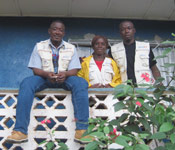
The government is working hard to fight corruption, but with a legacy of many years of a system where you got positions based on who you knew rather than your merits, it's a long road to travel. Since my office is located in the district headquarters for Todee, the police station is also there. There are six police officers to cover the entire district, the largest in Montserrado County, and they have one motorbike to use for travel to the other villages. While the officers usually try to do the right thing, they have resource and time constraints, and they simply can't be everywhere at once.
Just last week, I was privy to an incident where four men were about to kill another man who had allegedly stolen from them. The townspeople found the men before anything could happen, but the townspeople were so upset there was concern that they would take the law into their own hands. Three of the police officers were on the scene to control the crowd and keep the men in custody, but to get them to a jail, the officers had to wait for a car to be driven up from the next district over. Meanwhile, we helped get the men into a closed room so that the crowd watching the situation would be somewhat pacified and the legal right to be innocent until a trial proves your guilt could be more fully guaranteed.
The monitors I work with have to endure difficult conditions to reach the communities they work with, but we all enjoy the work because the people appreciate us taking the time to come out and talk to them. The government simply doesn't have the money right now to spend on educating its people on new laws, and this project is able to fill that void in a way that engages the community on a long-term basis. Back in June, I took part in a week-long retreat where The Carter Center staff provided training on all sorts of aspects of the monitors' jobs, from mediation techniques to intricacies in the laws that they can pass on to their community members.
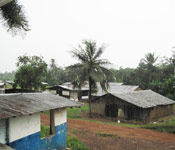
One of the unique parts of the job is the interaction with the traditional way of life. Each town still elects a town chief, along with several quarter chiefs, to enforce town laws that come from the local tribal traditions, and there are higher-level chiefs as well. These people are well-respected community members who need to welcome you to work in their town or you will simply not be able to make any progress in your work. While Liberian law recognizes the importance of these elders and their traditions, it clearly states that conflicting local laws are superseded by the formal statutory system, which can lead to difficulties in our awareness sessions. For example, if a man and a woman get married traditionally, the man will pay a dowry to the woman's family, which is usually $48 and several physical items. If they later wanted to divorce, the man would ask for that payment back. The law now says that the dowry is a gift which is not to be refunded and to ask for the dowry back is to commit a crime. Such laws require sensitivity when explaining them, so as not to alienate members of the community who may disagree with the law.
Working out in the field this summer has been a tremendous experience for me. I have had the opportunity to see what daily life in a rural town is really like and what challenges you run into that we take for granted in the U.S., such as the police's need for a car to be able to come and make an arrest. While I feel I have gained more than I have given, the discussions I have had with the people I work with tell me that Liberia is on the right path, and these individual voices speaking out in the communities are having an impact that will continue to grow as the project continues.
"Postcards from Abroad" is an occasional series featuring news about students working in foreign countries over the summer.
Founded in 1819, the University of Virginia School of Law is the second-oldest continuously operating law school in the nation. Consistently ranked among the top law schools, Virginia is a world-renowned training ground for distinguished lawyers and public servants, instilling in them a commitment to leadership, integrity and community service.
